At 13, I stopped eating.
I wish I could say it was one conscious decision. But it was a series of inactions piling up, spiraling until I would spend hours crying on the bathroom floor, waiting for the laxatives to work.
I am one of the 50% of girls who use unhealthy weight control behaviors. One of the 65% of girls with disordered eating. One of the 89% of girls who tried dieting to correct some “flaw” in themselves.
That’s how it started.
I began with the right intentions, wanting to fuel my body and have enough strength and energy to improve my athletic performance. But this quickly turned into skipping meals and overexercising.
As a 13-year-old, my typical daily intake was less than 500 calories. On average, active girls ages 9 to 13 need about 1,800-2,200 calories per day.
It went like this: an almond iced latte for breakfast (only 35 calories if you use unsweetened almond milk!), skipping lunch and maybe if I was feeling generous, eating a small serving of whatever my parents made for dinner—for appearance’s sake.
My parents didn’t think much about my disinterest in dinner since I often covered it up with small lies: “I’m not hungry.” “I have a big test to study for, so I can’t eat dinner with y’all tonight.” “I had a big lunch.” They all just rolled off my tongue, covering up the truth.
It wasn’t until my mom saw all the lunches I packed for myself coming back home that she became concerned. My aesthetically pleasing lunches with strawberries and cucumbers sliced into perfect circles got chewed up by the garbage disposal.
The way my mom would look at me is permanently etched in my mind. She understood my struggles, having faced the same feelings and experiences herself. She knew that she wouldn’t just be able to convince me to eat. But she tried anyway. She bought me some of my favorite foods like mango, freeze-dried strawberries and chocolate-covered almonds. She would politely encourage an after-school snack when she saw that they had been sitting on the pantry shelf collecting dust.
My disordered relationship with food has given me an almost encyclopedic knowledge of the amount of calories in everything I buy. As soon as I pick something up, numbers start running through my head. As soon as I’m done cooking each meal, I start adding together the number of calories in each ingredient, taking note of the total of every meal. As soon as I eat, I feel guilt wrack up inside me. If anyone quizzed me during a walkthrough of Whole Foods, I would get every nutrition label correct from memory. Honestly, I should be a spokesperson for the health aisle there. I am an expert at spewing nutrition facts.
This knowledge of nutrition facts used to be a good thing, something beneficial to me. I have played lacrosse since fourth grade and I practice for two hours after school two to three times a week. If I don’t have practice, I like to go for long runs. I needed calories. I needed energy.
Before I knew it, I had lost control. I was burning more calories than I was consuming, making me lethargic. As recently as my sophomore year, I had no energy to play the sport I loved. Even getting ready for practice was a struggle. As I brushed my hair back into a slick high ponytail, clumps of hair would fall into my hand. I no longer had the thick hair that my mom and grandma always said they loved.
I had completely changed. I would get home from practice and immediately do another workout (shoutout to Chloe Ting), refuse to eat out with my family and cry every time I opened up the fridge. I would wake up with dark undereye circles and dry eyes. When I looked in the mirror, I no longer recognized myself.
My tan skin became pale, the shimmer in my eyes disappeared, and my smile faded. Picture Edward Cullen from the “Twilight” series. Every trait my family and friends once complimented me on had changed.
At practice, I would see stars after the first or second lap. I would get dizzy easily and become uncoordinated. I was always miserable, irritated and hungry.
My recovery began in the spring of my sophomore year. I had survived four years of over-exercising, barely eating and slowly killing myself with guilt when I did eat.
It was a Tuesday night, roughly 7 p.m., when I decided to run a mile after practice. Except it wasn’t really a decision. I had a cookie at lunch that day. I had to run a mile. As I struggled to run those four laps, it hit me. I began dieting because I wanted to become a better athlete. I wanted to become stronger. But I had done the exact opposite. I had made myself weak.
As I have been told by family, friends, and coaches almost a million times by now, “Food is fuel.” If I wanted to perform better as an athlete, perform well in school and keep an active social life, I needed to eat food that fueled my body. I needed to eat.
Looking back, I feel like this was a sign from God. A sign to heal.
Beginning to eat wasn’t easy. I was still eating very little; most of what I ate was fruits, vegetables and protein bars.
I wasn’t only afraid of big meals, but big numbers.
Any amount of calories over 200 made me feel physically sick. When I would eat my favorite protein bars, RX bars, the 210 calories consumed me with guilt. I had to purge my body.
My first instinct was to throw up. To rid myself of what I deemed toxic: food. I would sit on my bathroom floor with tears streaming down my face. I coughed aggressively, trying to force up the little food I had eaten. It didn’t work. I couldn’t figure out how to make myself throw up.
This is when I came up with an absolutely genius idea: I could eat whatever I wanted without any guilt if I just passed it through my body with laxatives! Yeah well apparently, that’s not how digestion works, and caused me to get my Miralax privileges taken away. We still don’t keep Miralax at my house.
With the assistance of talk therapy, I was able to shift my mindset when it came to food and stop misusing laxatives to deal with my guilt about eating. Weekly counseling sessions helped me learn more about the psychology of disordered eating. I learned about how my habits stemmed from my environment and how body dysmorphia impacted me as an athlete.
I was able to use this knowledge to make decisions that would help my recovery. I would focus on eating foods with nourishing ingredients, rather than hyperfocusing on the amount of calories I was consuming.
When I was eating maybe three things a day (iced latte, protein bar, rice cake with peanut butter), I would have a low caloric intake but none of what I was eating had much nutritional value. This low nutritional value caused painful acne and headaches that would last days. Both are an absolute nightmare to deal with if you’re wondering.
When I began to eat bigger meals with a higher amount of calories, the food I ate was more nourishing for my body. My meals contained a majority of the food groups and all the colors of the rainbow. For the first time in years, I finally felt energized. I would wake up excited to go to school, learn, see my friends and go to practice.
Choosing to recover was the best decision I’ve ever made. While it wasn’t easy, it gave me back parts of myself I thought I’d lost. By learning to properly fuel my body, I’ve rediscovered the joy in the small, everyday moments: the laughter with my friends, the energy to pursue my passions and the simple pleasure of feeling good in my own skin. Recovery didn’t just give me back my health, it gave me back my life.




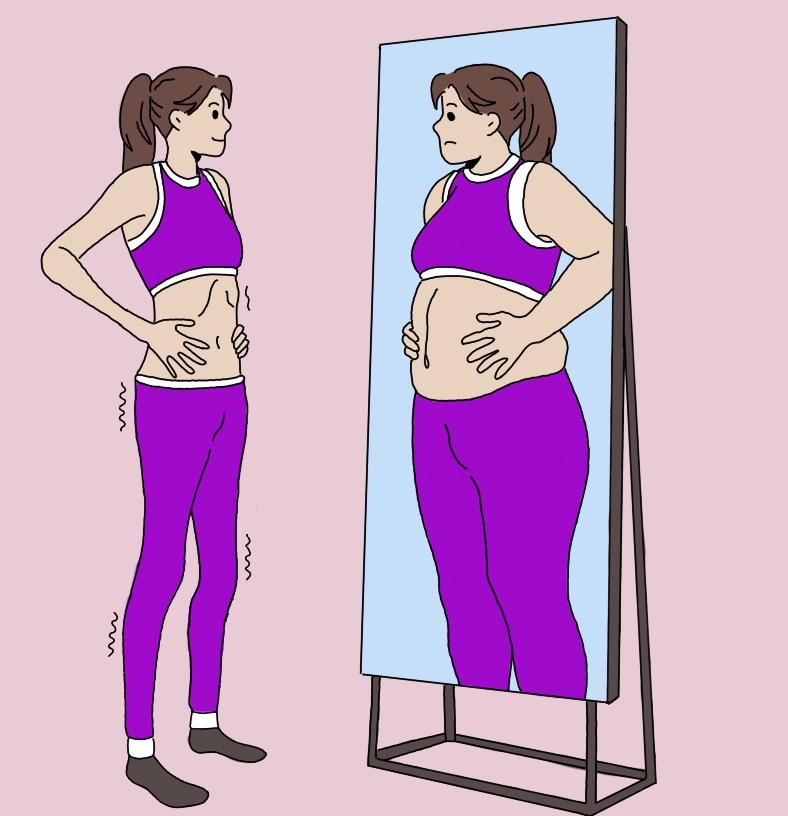
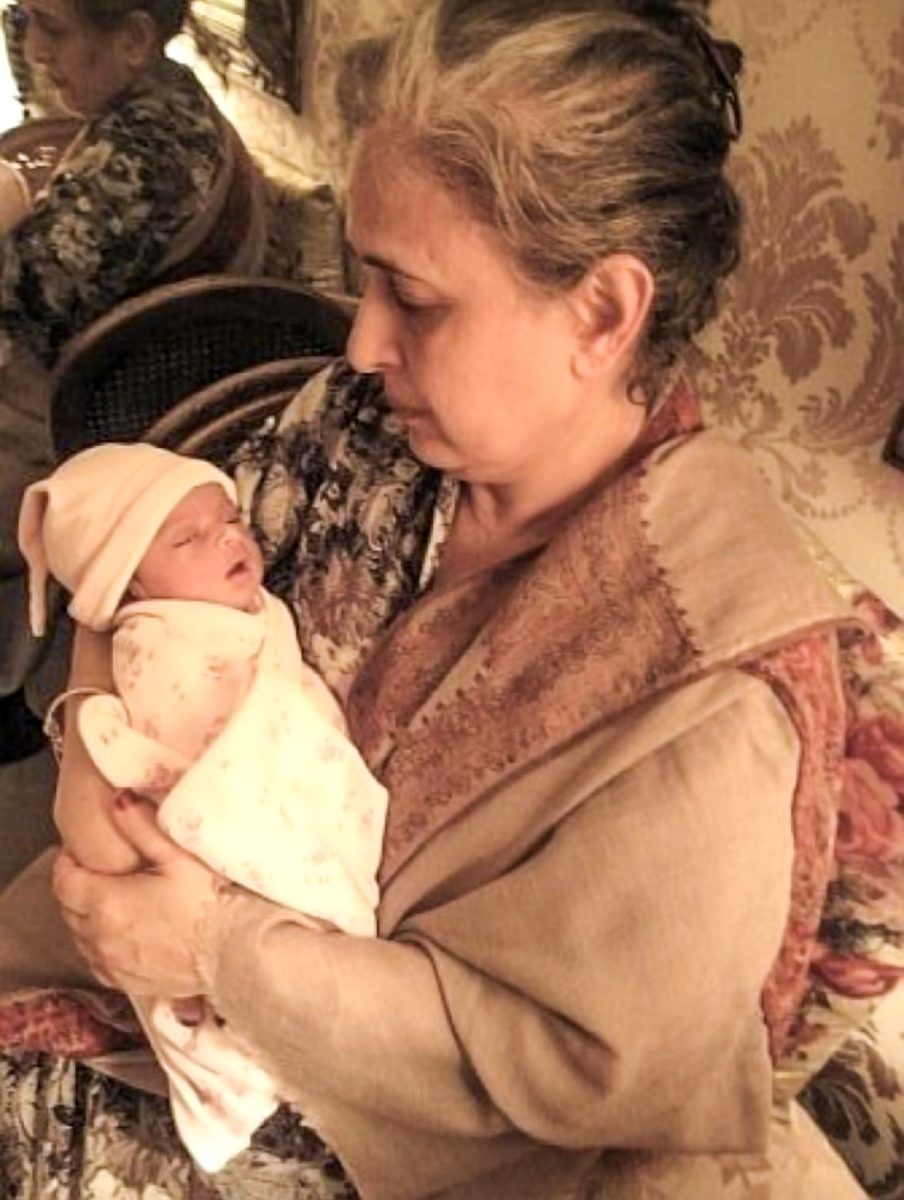
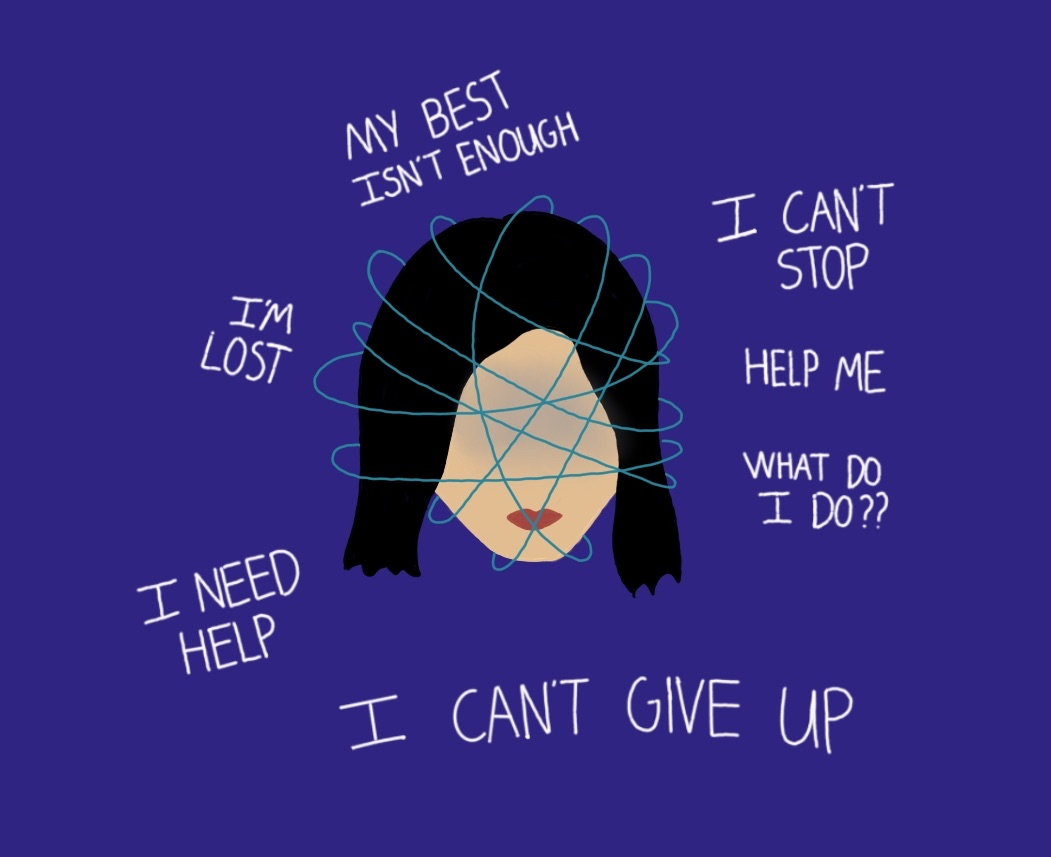
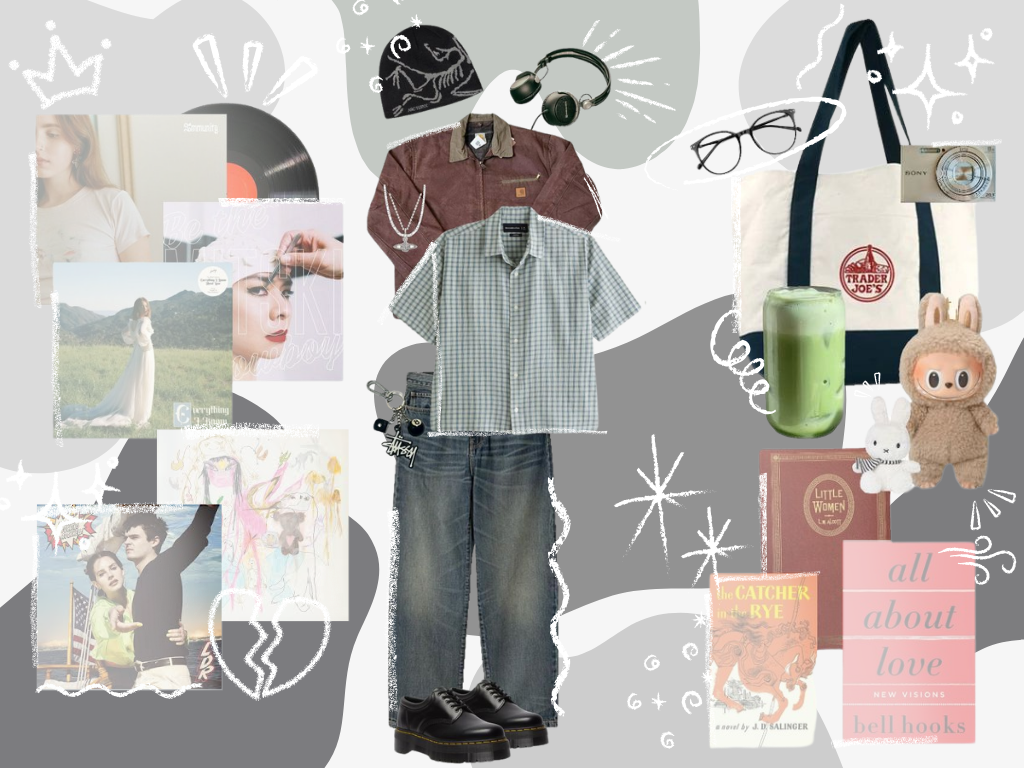
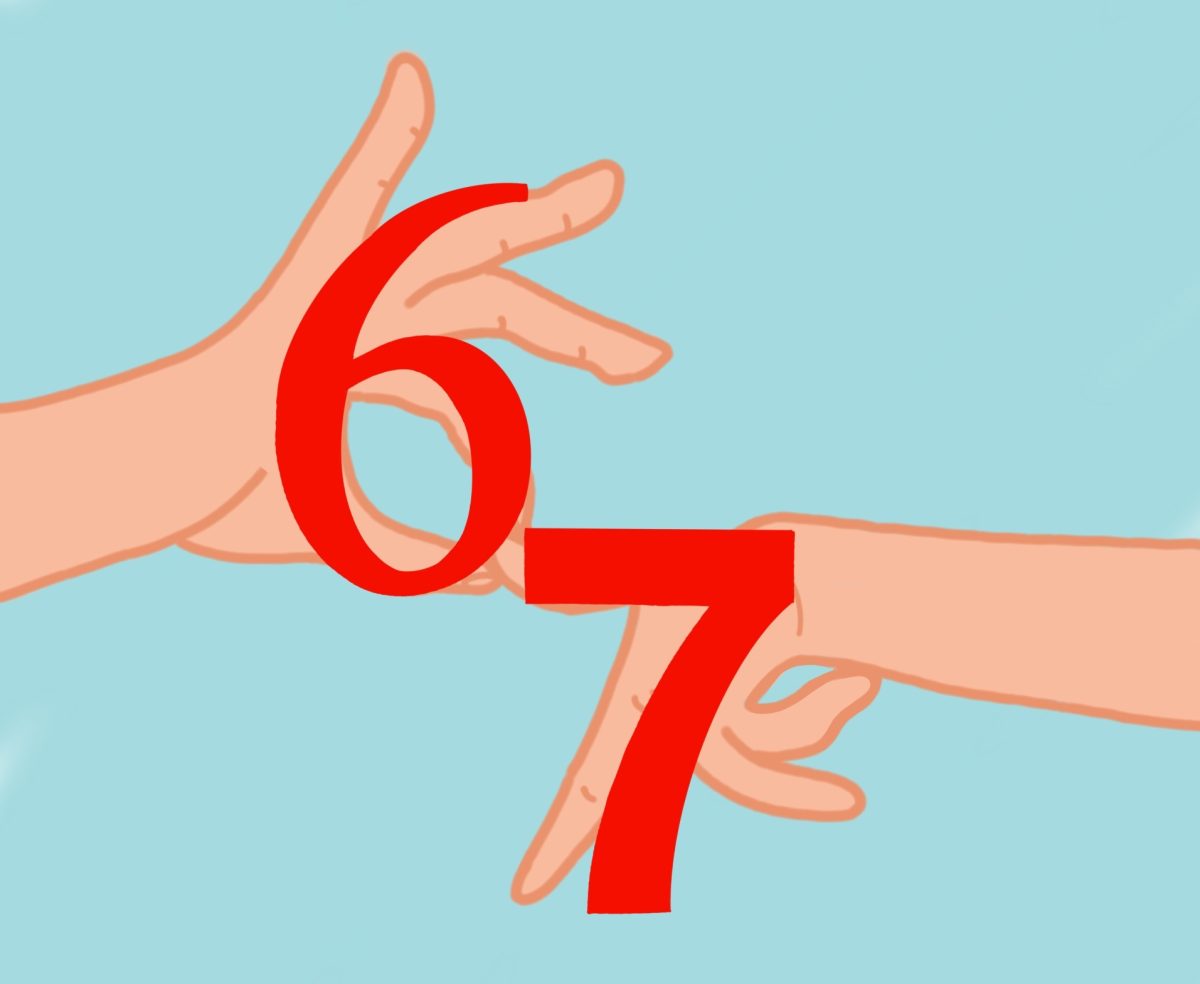
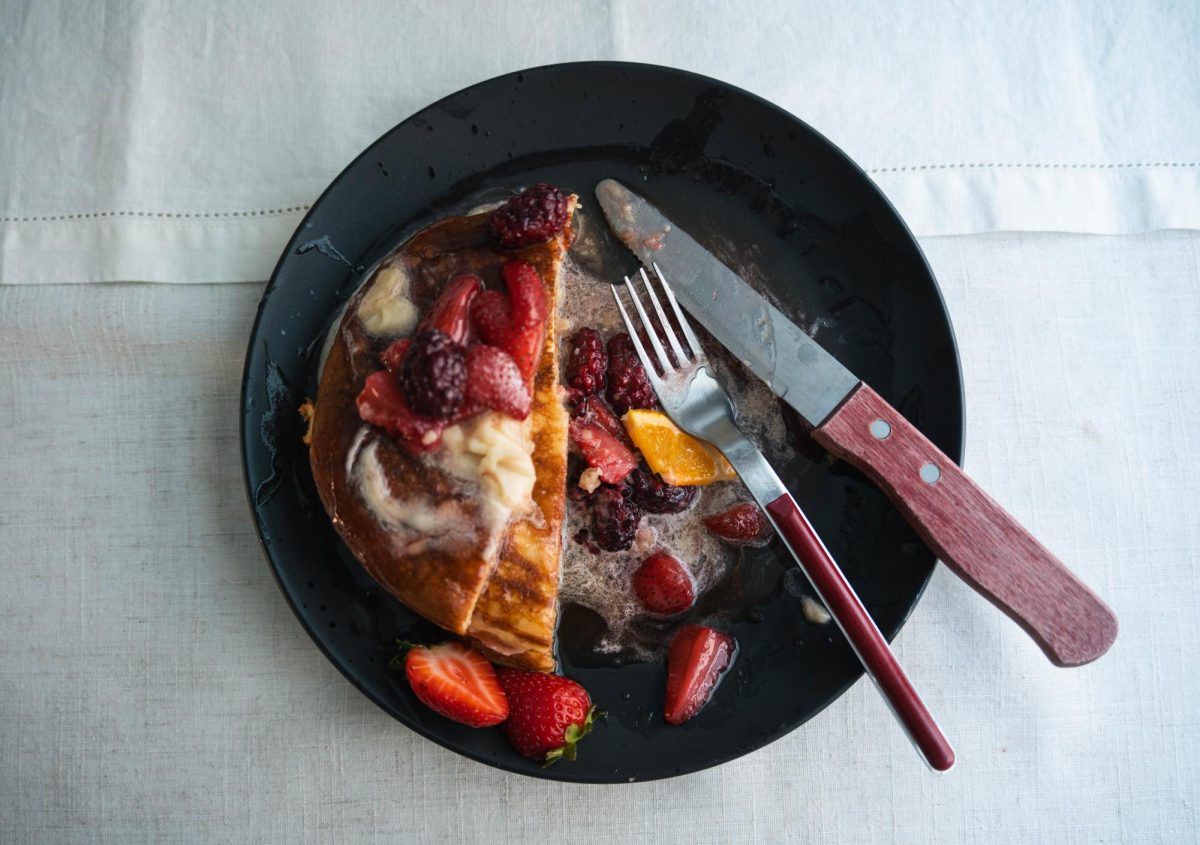
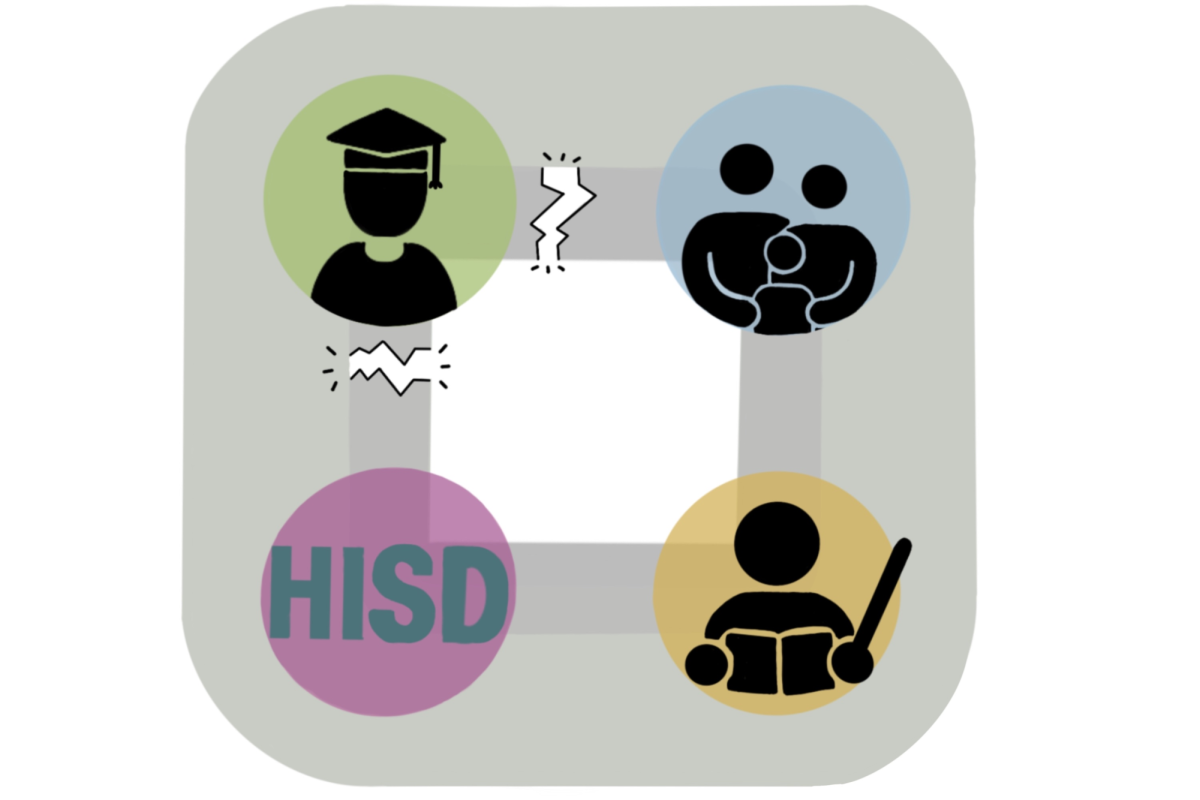
Claire B • Nov 6, 2024 at 7:06 pm
Such a beautifully written narrative, Clementine! Thank you for sharing your experience with us
Sarah Nitsun • Oct 2, 2024 at 3:45 pm
Clem, thank you so much for sharing your experience. This topic is so difficult to talk about and I appreciate your vulnerability in sharing your experience.
Maddux • Oct 1, 2024 at 8:24 pm
This was such an impactful and inspiring article about something that more people go through than they would like to admit, including myself. Thank you so much for sharing, and I’m so proud of your progress! Keep up the great work.